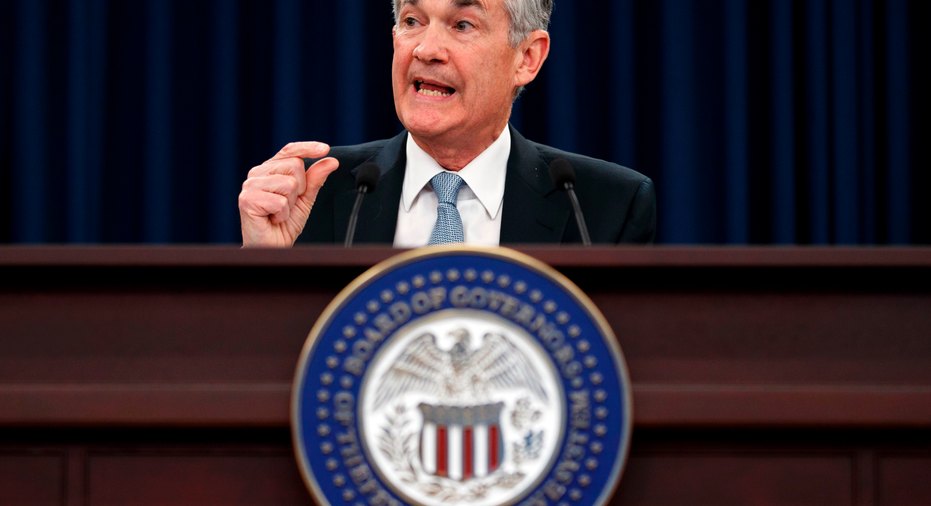Fed's Powell: Rate hikes should not upend the global economy

WASHINGTON – Moves by the Fed and other major central banks to raise interest rates after a long period of keeping them low should not be disruptive to the global economy, Federal Reserve Chairman Jerome Powell said Tuesday.
In remarks prepared for a financial conference in Zurich, Powell said that the role U.S. monetary policy plays in driving global financial conditions and capital flows is often exaggerated.
The pickup in both global growth and commodity prices have played bigger roles in the recent recovery of capital flows to emerging market economies than any policy moves by central banks, he said.
"Monetary stimulus by the Fed and other advanced economies played a relatively limited role in the surge of capital flows to (emerging market economies) in recent years," Powell said. "There is good reason to think the normalization of monetary policies in advanced economies should continue to prove manageable for" emerging economies.
After keeping its benchmark interest rate at a record low near zero for seven years following the 2008 financial crisis, the Fed began gradually increasing the rate in December 2015. It made a sixth quarter-point move in March. Many private economists believe the Fed will raise rates again in June and will hike rates a total of three or four times this year.
In his remarks, Powell said he did not dismiss the risks as the Fed, the European Central Bank and other major central banks raise rates.
"Some investors and institutions may not be well positioned for a rise in interest rates, even one that markets broadly anticipate," he said. "And, of course, future economic conditions may surprise us, as they often do."
But he stressed that the Fed planned to do what it could to minimize disruptions by communicating policy changes clearly and well in advance.
In 2013, remarks by then-Fed Chairman Ben Bernanke triggered what was dubbed a "taper tantrum." Investors feared that the U.S. central bank would start trimming or "tapering" its program of buying bonds sooner than expected and U.S. bond rates temporarily surged, sending shock waves through a number of emerging-market economies. The Fed was using its bond purchases to hold down long-term interest rates.
Bernanke and other Fed officials realized they had botched the communication of future Fed moves and since that time, Fed officials have been more cautious when commenting about future moves.
In his remarks Tuesday, Powell indicated the Fed would seek to avoid repeating the 2013 mistake.
"We will communicate our policy strategy as clearly and transparently as possible to help align expectations and avoid market disruptions," he said.



















